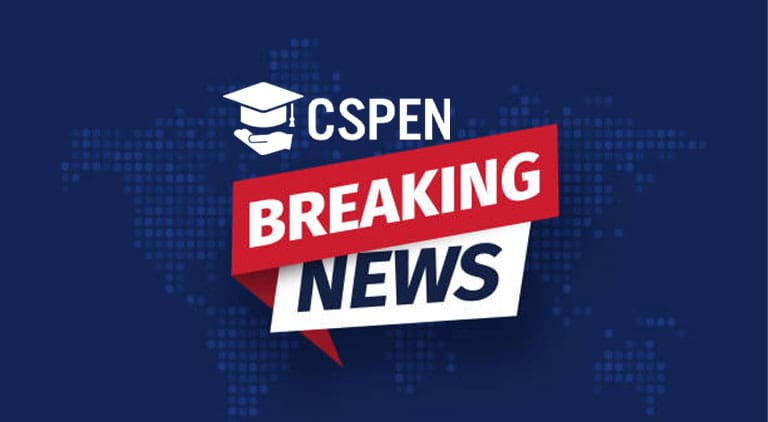
CSPEN Nominee MaryLyn Hammer Selected as Primary Non-Federal Negotiator Representing Proprietary Institutions of Higher Education In First In a Series of 2025 Federal Negotiated Rulemaking Meetings
Overview
As noted in today’s earlier email, CSPEN along with many others in the higher education community was awaiting announcement from the U.S. Department of Education of the list of non-federal negotiators and issue papers related to the first in a series of 2025 Federal Negotiated Rulemaking. As noted above, CSPEN nominee MaryLyn Hammer, CEO of Champion Co-Edge Solutions has been selected to serve as the primary negotiator representing the Proprietary Institutions of Higher Education Community, with April Boyd, Vice President of Financial Aid, The College of Health Care Professionals serving as the community’s alternate negotiator.
These two individuals, along with lead and alternate negotiators from nine other designated constituencies, will be responsible for working with the Department’s negotiators on a series of proposals detailed in a single, eight-page proposal entitled, “Restoring Public Service Loan Forgiveness”.
As shared in the Issue Paper the five specific proposals to be deliberated included:
The Secretary proposes to amend the PSLF regulations to ensure that the definition of qualifying employer excludes organizations that engage in activities that have a substantial illegal purpose. Specifically, the proposal would amend 34 CFR 685.219 as follows:
1. Revise the definition of a Qualifying Employer
The Department proposes to revise the definition of qualifying employer to ensure that organizations that engage in activities that have a substantial illegal purpose are not considered to be qualifying employers.
2. Define activities that have a substantial illegal purpose
The Department proposes to define specific activities as having a substantial illegal purpose. By providing clear definitions for determining whether an organization is not a qualifying employer under the PSLF Program, the Department would enable borrowers and employers to better understand what activities could exclude employers from being considered a qualifying employer. To the extent possible, the Department proposes to adopt definitions that are already established in federal or state law. The Department proposes adding definitions for: “aiding or abetting”; “other Federal immigration laws”; “terrorism”; “Foreign Terrorist Organizations”; “chemical castration or mutilation”; “surgical castration or mutilation”; “illegal discrimination”; and “violating state tort laws”.
3. Establish when a qualifying employer has engaged in activities that have a substantial illegal purpose
The Department proposes to establish a standard by which the Secretary would determine that a qualifying employer would be deemed as having engaged in activities that have a substantial illegal purpose and therefore no longer qualifies as a qualifying employer for the purposes of PSLF.
4. Address the impact on a borrower’s eligibility for cancellation under the PSLF Program
The Department proposes that, effective on or after July 1, 2026, and based on an evidentiary standard as defined in the proposed regulations, no payment by the borrower for any month the Secretary determines that the qualifying employer engaged in activities that have a substantial illegal purpose would count toward the borrower’s eligibility for cancellation under PSLF.
5. Give employers the opportunity for notice and the ability to respond
The Department proposes to provide notice to employers and the ability to respond to any Department findings relating to whether the employer has engaged in an activity that has a substantial illegal purpose. A final judgment by a state or federal court, plea of guilty or nolo contendere, or settlement that includes admission by the organization that it engaged in activities that have a substantial illegal purpose would constitute conclusive evidence of engaging in activities that have a substantial illegal purpose. This process ensures that employers have the ability to challenge and present evidence prior to the Department making a final decision.
What’s Next
Primary negotiator Hammer has already established a timeline for working with the community, and the organizations that nominated her, on review, planning and preparation in advance of next week’s singular, three-day negotiations. CSPEN will share more details on the specific regulatory language and the preparations for the upcoming negotiations on Thursday’s CSPEN Federal Legislative & Regulatory Update webinar.



